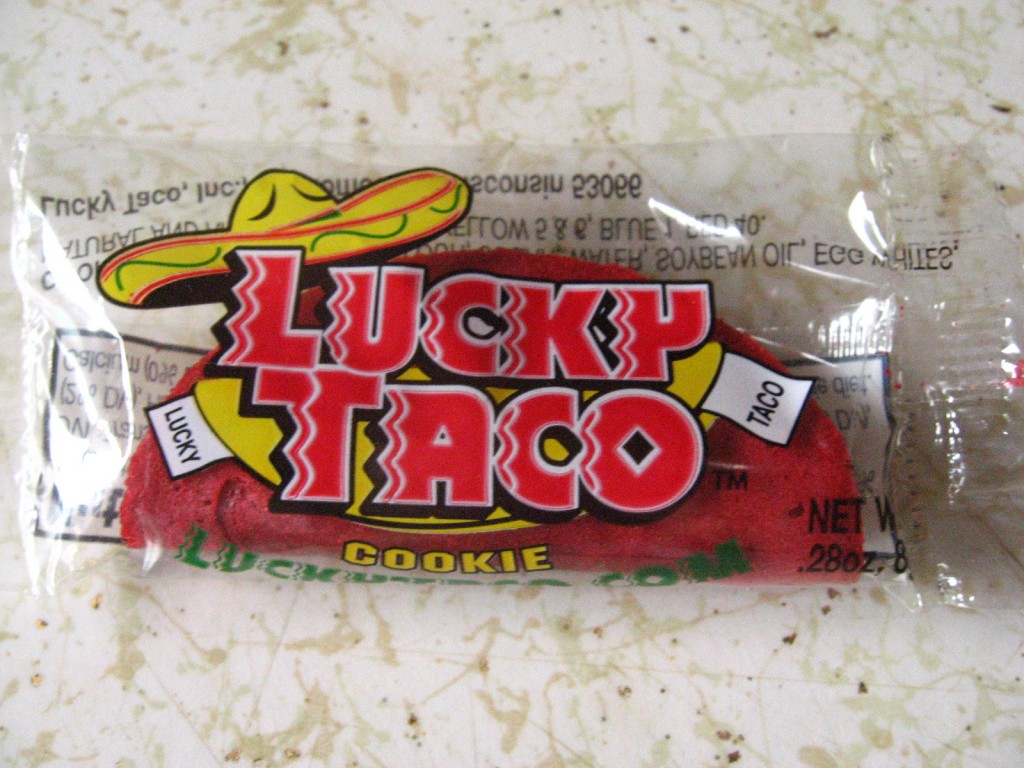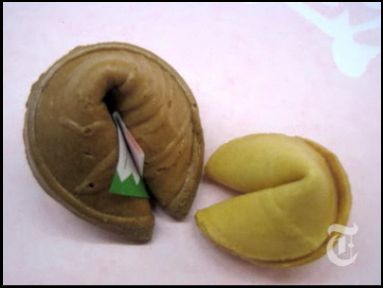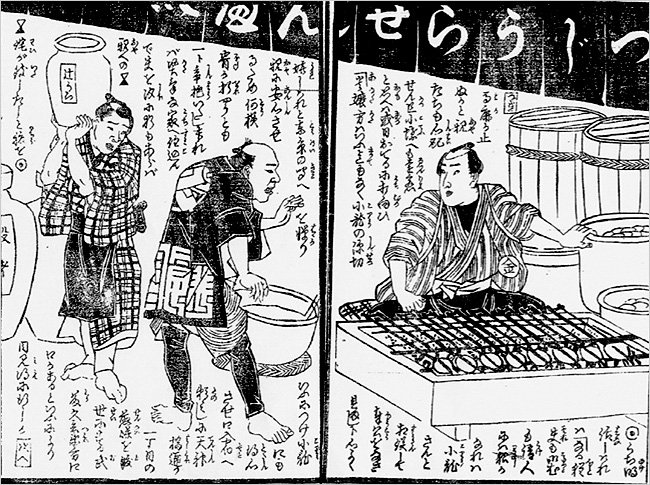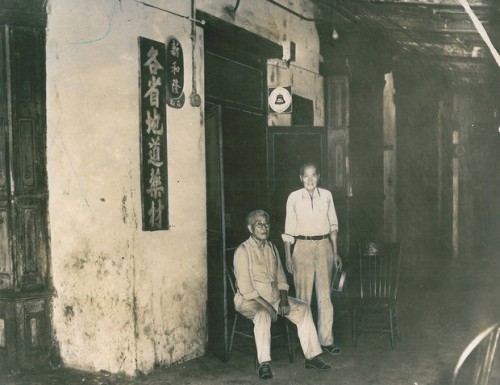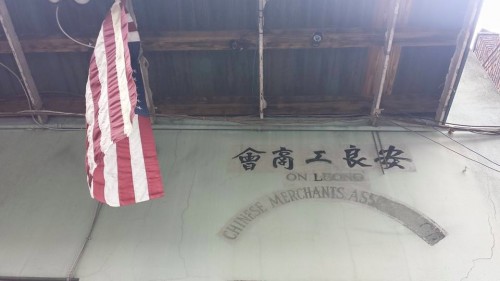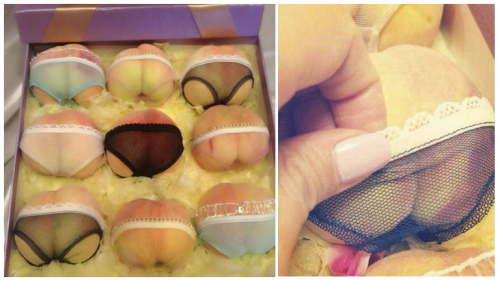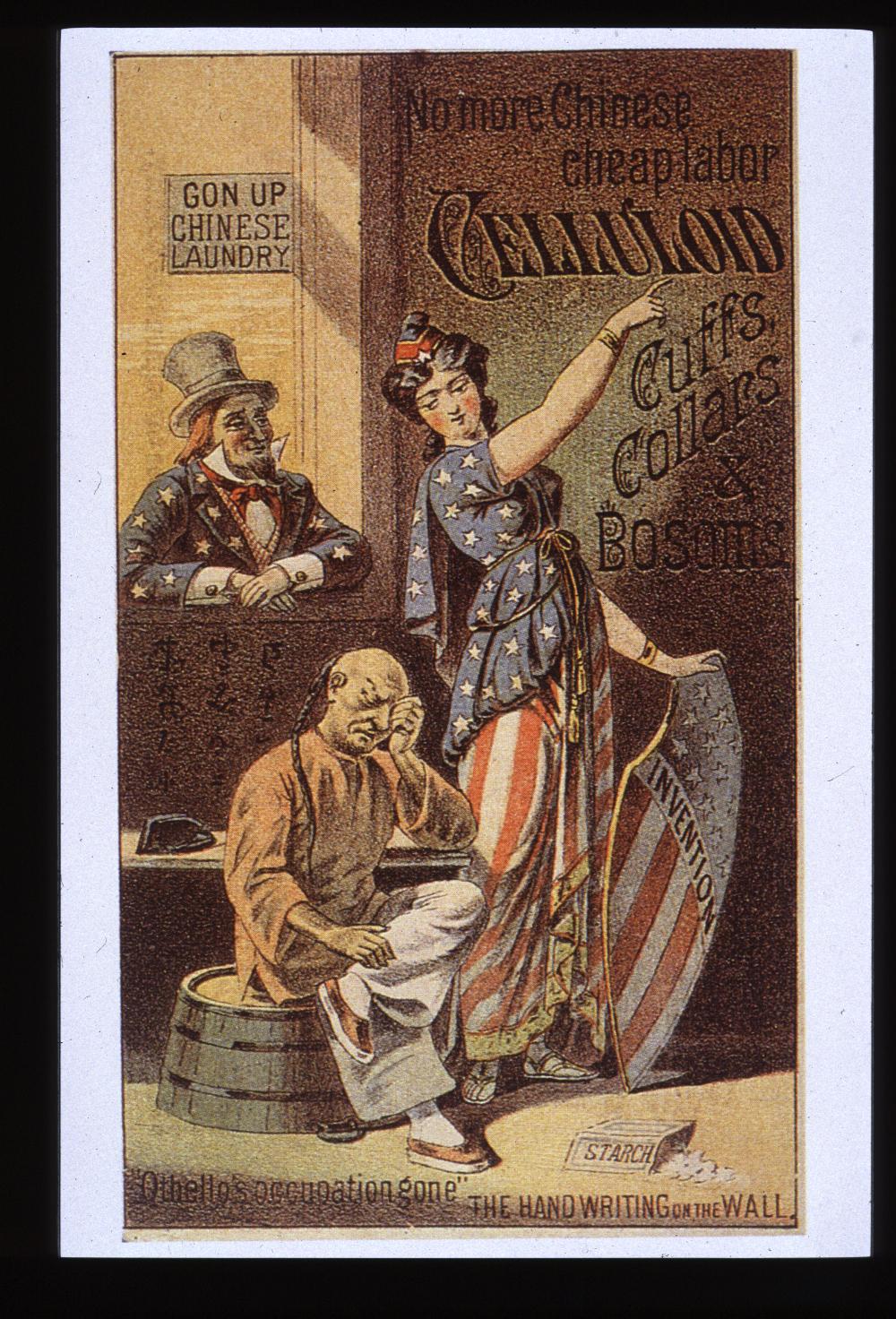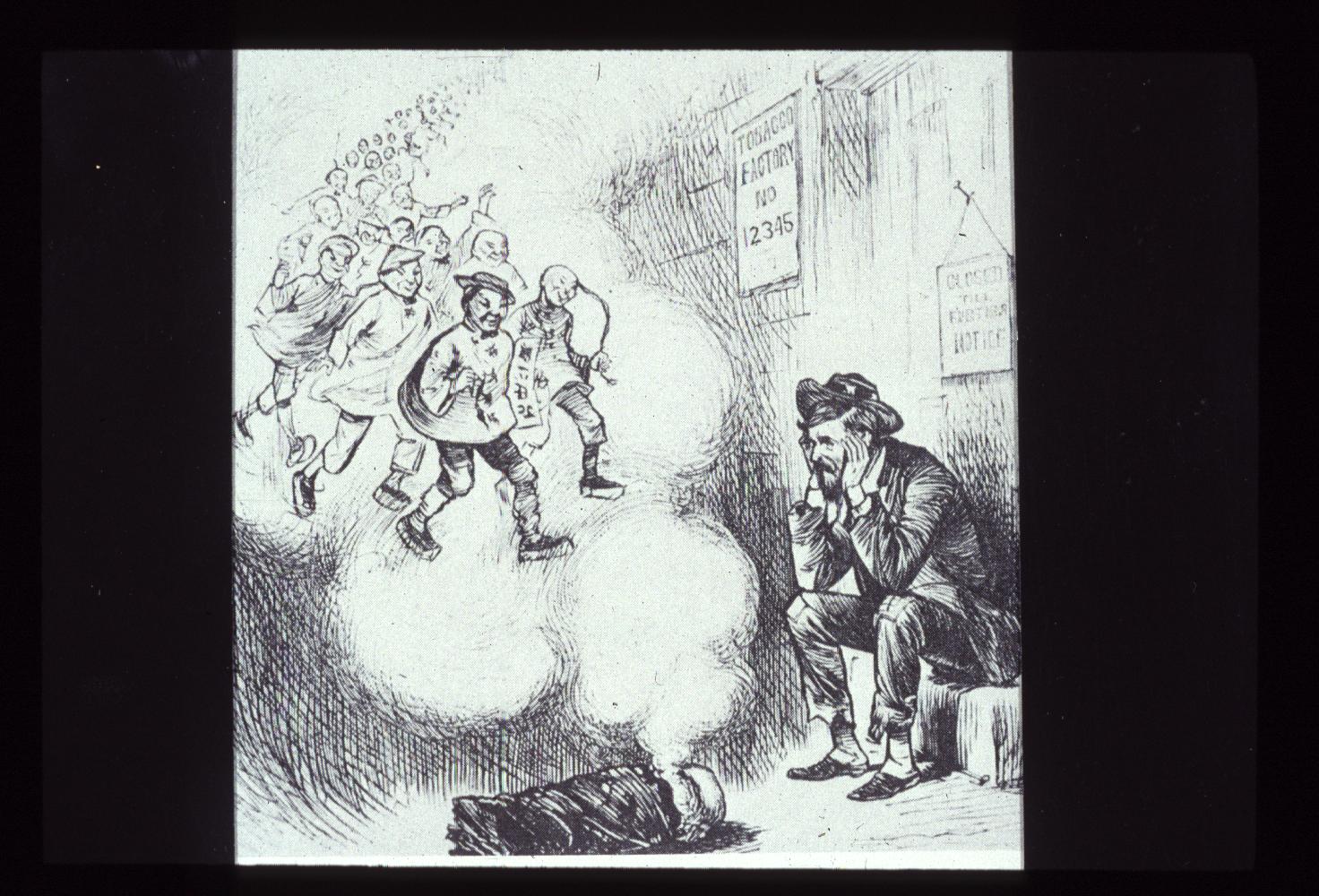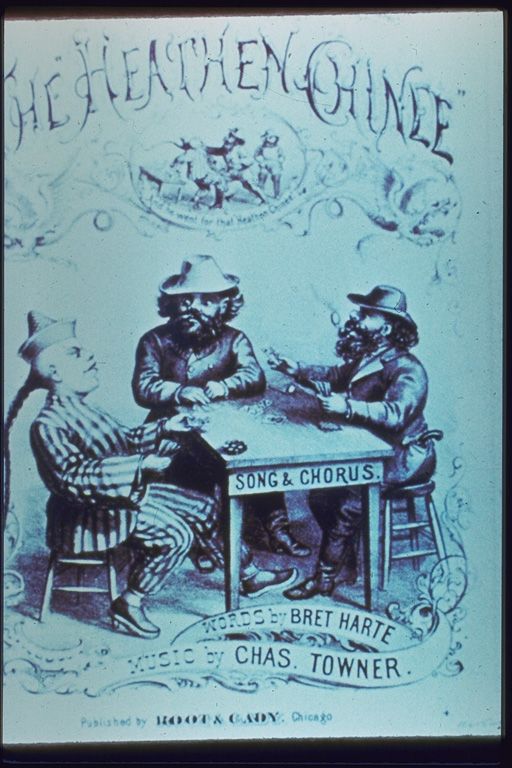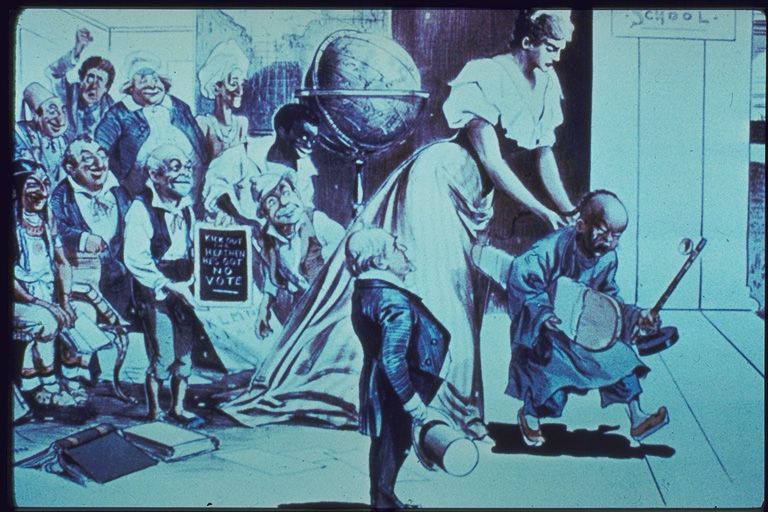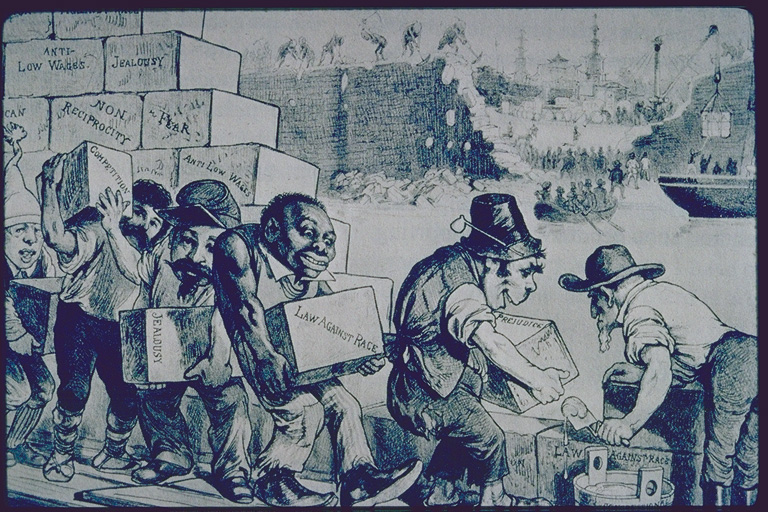It’s all harmless political shenanigans until a racist mob murders Vincent Chin.
It’s amazing how the new figureheads of both major parties are now pretending to oppose globalization, outsourcing, and the corporate “free trade” agenda that they both have spent their professional lives furthering. It wasn’t long ago that I taught in my stratification class that this agenda was the one thing we could be sure both parties and the big money behind them wouldn’t give up. Never say never, but I’m still pretty sure that’s still true.
There are humans that are hurt by this agenda, but most of them aren’t Americans. If politicians want to talk about slave labor, exploitation, and environmental degradation in the new manufacturing centers of the world, then I would be happy to listen to them talk about the harmful effects of those practices “here at home” too. But if they just want to bash China, then that’s racist, and no thank you.
Case in point, Pennsylvania Senator Bob Casey at the Democratic National Convention the other day. Here’s his speech, followed by some of the text and my comments:
Casey quoted his father, the former governor:
The sweat and blood of working men and women who built Pennsylvania forged the industrial revolution in our country, and outproduced the world.
How touching, attributing the industrial revolution the efforts of the working class and not the capitalists. It reminds me of when another Pennsylvania governor, Democrat Robert Pattison, reached across the aisle, helping out Republican industrialists by lending them the National Guard to attack striking steelworkers.
I assume today’s Democratic politician will now go on to recognize the working class of today’s manufacturing centers, who, through their sweat and blood, are outproducing the world and building the middle class in their countries. Oh right, Senator Casey is an American.
What about Donald Trump? Donald trump says he stands for workers, and that he’ll put American first, but that’s not how he’s conducted himself in business. Where are his, quote, tremendous products made? Dress shirts: Bangladesh. Furniture: Turkey. Picture frames: India. Wine glasses: Slovenia. Neckties: China. China! Why would Donald Trump make products in every corner of the world, but not in Altoona, Erie, or here in Philadelphia? Well, this is what he said, quote, outsourcing is not always a terrible thing. Wages in America quote, are too high. And then he complained about companies moving jobs overseas because, quote, we don’t make things anymore. Really? … [examples of stuff made in America]. Donald Trump hasn’t made a thing in his life, except a buck on the backs of working people. If he is a champion of working people, I’m the starting center for the 76ers! The man who wants to make America great, doesn’t make anything in America! If you believe that outsourcing has been good for working people, and has raised incomes for the middle class, then you should vote for Donald Trump. … We need to making good paying jobs for everyone here at home, so that everyone who works hard can get ahead and stay there.
The great conflict of our time is between “China” and “working people”? Maybe we should all link arms and together put down striking Chinese workers to keep the price down on our iPhones and Wal-Mart junk.
The Democratic National Convention was very on-message. In Hillary Clinton’s acceptance speech the next day, she said:
If you believe that we should say “no” to unfair trade deals, that we should stand up to China, that we should support our steelworkers and autoworkers and homegrown manufacturers — join us.
She gave no definition of what it means to “Stand up to China,” though her website says she will insist on trade deals that raise wages and create good-paying jobs (presumably in the US). That’s not important — the important thing communicated to her audience is she’s against China and for American workers. Then she went through the same list of Trump production locations that Casey did, before concluding, “Donald Trump says he wants to make America great again – well, he could start by actually making things in America again.” The current U.S. trade deficit in goods (as opposed to services) is about $62 billion — per month. Virtually all Americans are dependent on imported goods (including, apparently, Clinton, whose Nina McLemore suits are made from European and Asian fabrics). No major politician is seriously against this. Trump hiring U.S. workers to make his ties would make about as much difference as Clinton buying clothes with U.S. fabrics, which is basically none. It’s just symbolism, and the symbolism here is “China is bad.” Unless you join this kind of talk with explicit concern for the suffering and exploitation of Chinese workers, this just feeds American racism.
Decades later, Vincent Chin’s murder still resonates with me. There is debate about whether racism was the real motivation behind his murder, and it wasn’t as simple as a random lynch mob. Despite the legend, it is not the case that the auto workers just killed him because they falsely believed he was Japanese. But a witness at the bar said they blamed him for them being out of work before they fought. She said:
I turned around and I heard Mr. Ebens say something about the “little motherfuckers.” And Vincent said, “I’m not a little motherfucker,” and he said, “Well, I don’t know if you’re a big one or a little one.” Then he said something about, “Well, because of y’all motherfuckers we’re out of work.”
After losing the first round, Ronald Ebins and his stepson, Michael Nitz, hunted Chin down and killed him with a baseball bat, a crime for which they ultimately served no jail time.
My 8-year-old Chinese immigrant daughter, who learns all about how racism and bullying are bad and MLK is great in her neoliberal public American elementary school, is routinely offended and hurt by the China-bashing she hears from Democrats as well as Trump (she supported Bernie but is willing to back Hillary to stop Trump).
Hillary says we should protect our children from having to listen to Trump’s nastiness — she even has ad on that, which I’ve personally witness liberals tearing up over:
So, what about the people making speeches at the Democratic convention, spitting out the word China! like it’s a disease? “What example will we set for them?”
If the new normal of politics is both parties bashing foreigners while they pretend to oppose globalization — and then pursuing the same policies anyway (which, face it, you know they will), then what have we gained? It seems to me there is a small chance Clinton will negotiate better trade deals to the benefit of workers (U.S. or Chinese), alongside a much greater chance that her rhetoric will stoke nativism and racism. Trump’s megaphone may have drawn the White supremacists out from under their rocks, but the new anti-TPP Hillary is bellowing the same obnoxious chauvinism.
Philip N. Cohen is a professor of sociology at the University of Maryland, College Park, and writes the blog Family Inequality, where this post originally appeared. He is the author of The Family: Diversity, Inequality, and Social Change. You can follow him on Twitter or Facebook.

